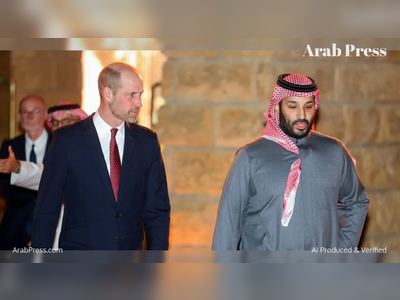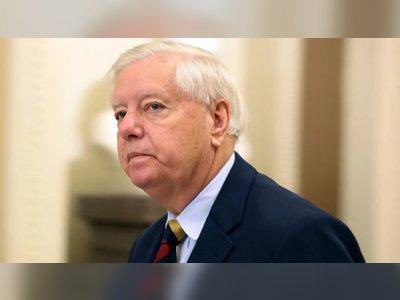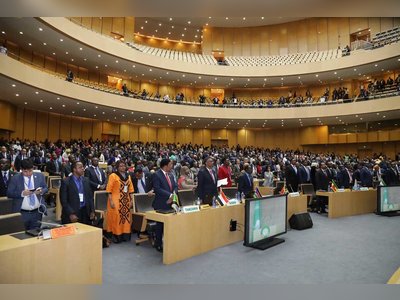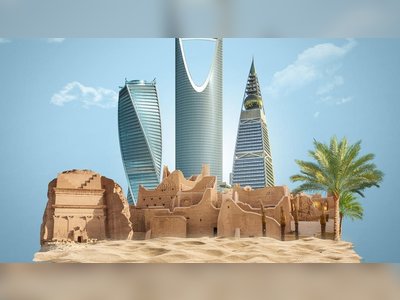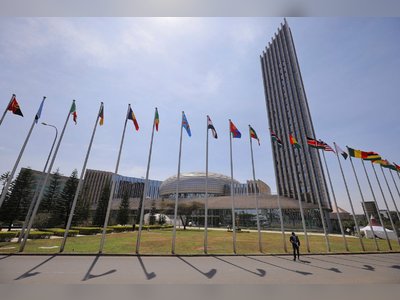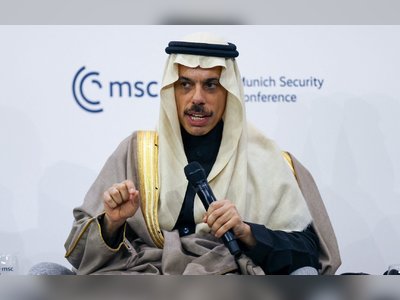
UK should 'welcome' any OT wishing full integration- UK MP
A British Member of Parliament (MP) has said the United Kingdom (UK) should make it clear that any of its Overseas Territories (OTs) are welcome to exercise the option of integration into the United Kingdom (UK).
According to Lloyd C. Russell-Moyle, a British Labour and Co-operative Party politician who was elected as the Member of Parliament (MP) for Brighton Kemptown, it has been a “priority” of the Governments of Gibraltar and the Falkland Islands to be removed from the United Nations list of Non-Self Governing Territories.
Speaking in the House of Commons, during the debate titled Future of Overseas Territories on May 11, 2023, Mr Russell-Moyle was at the time making the point that there are four ways of being removed from the UN’s list of Non-Self Governing Territories and being normalised in international relations.
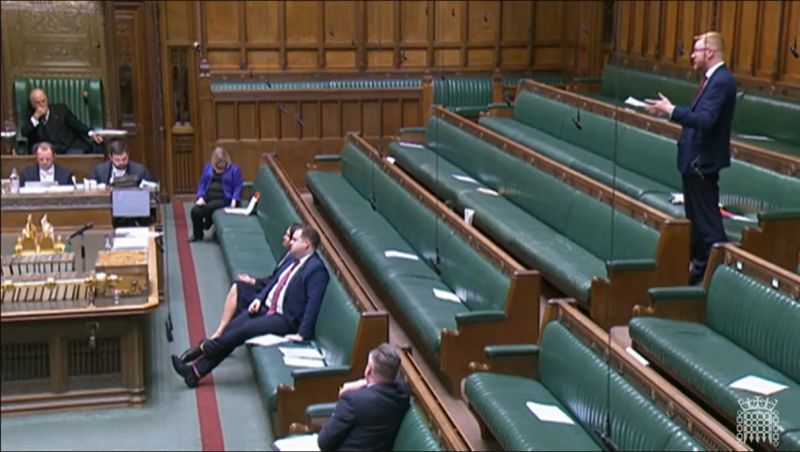 Speaking in the House of Commons, during
the debate titled Future of Overseas Territories on May 11, 2023, Labour
MP Mr Lloyd C. Russell-Moyle was at the time making the point that
there are four ways of being removed from the UN’s list of Non-Self
Governing Territories and being normalised in international relations.
Speaking in the House of Commons, during
the debate titled Future of Overseas Territories on May 11, 2023, Labour
MP Mr Lloyd C. Russell-Moyle was at the time making the point that
there are four ways of being removed from the UN’s list of Non-Self
Governing Territories and being normalised in international relations.
UK had blocked Malta’s request for integration
This he listed as gaining sovereignty (independence), becoming a free association, integration or a “Bespoke option”, which he said would require a vote in the UN.
Regarding OTs wishing to be fully integrated into Britain, Mr Russell-Moyle reminded it was a model Malta had requested in the past, but it was blocked by the UK parliament.
“And I do believe that option now must be clearly stated, that it is always an option for any territory if they wish. I think it was wrong that we did that in the past and I do would love to hear the Minister say if the territory wanted integration ie, to be able to send them to this place…they will be welcome to do so. We must make that clear, Mr Russell-Moyle stated.
The Bespoke Option!
The MP was; however, suggesting that the UK must come up with a “clever way” for British Overseas Territories to be taken off the UN list of Non-Self Governing Territories without losing status as a British Overseas Territory.
“And why of course that is important for them is because it then gives them access to certain things at the United Nation and allows them to stand proud on the international stage.
“But that also requires Britain to be clear that these territories are self-governing and they decide their future, and I was very pleased with,” Mr Russell-Moyle stated.
He said the “bespoke option” would be a problem to attain; however, since the Committee at the UN is made up of China, Cuba, Iran, Russia, Syria, and Venezuela.
“Whilst the first three [options] are yes or no questions, the fourth option requires a vote in that Committee, and it is clear under no chance, there is no hope in this world, that they are ever going to vote for a bespoke option of a British Overseas Territory, so we must find a clever solution…” Mr Russell-Moyle stated.
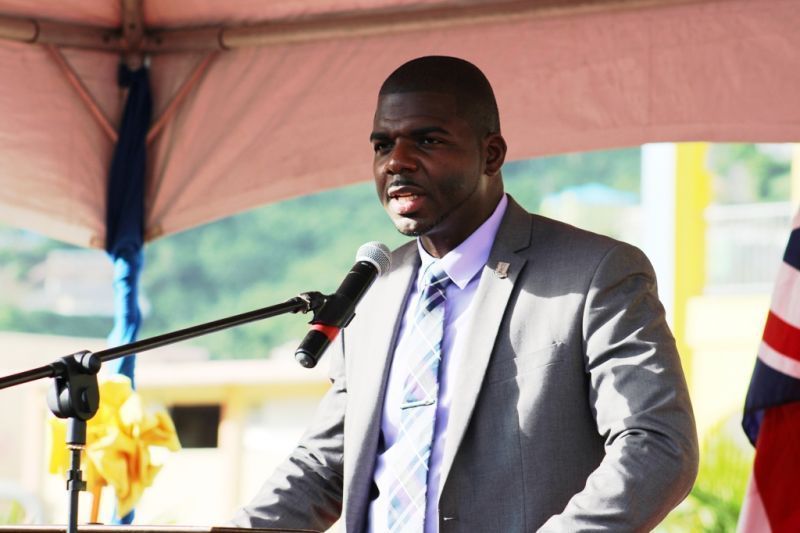 Premier of the Virgin Islands, Dr the Hon
Natalio D. Wheatley (R7) had indicated in the past that while the
Government of National Unity will implement the CoI recommendations and
bring reform to the Virgin Islands, the VI will still be asserting its
United Nations-backed rights that colonialism must be a thing of the
past.
Premier of the Virgin Islands, Dr the Hon
Natalio D. Wheatley (R7) had indicated in the past that while the
Government of National Unity will implement the CoI recommendations and
bring reform to the Virgin Islands, the VI will still be asserting its
United Nations-backed rights that colonialism must be a thing of the
past.
UN & Decolonisation
According to General Assembly resolution 1541 (XV) of 1960 entitled "Principles which should guide Members in determining whether or not an obligation exists to transmit the information called for under Article 73 e of the Charter", a Non-Self-Governing Territory can be said to have reached a full measure of self-government by:
• Emergence as a sovereign independent State;
• Free association with an independent State;
• Integration with an independent State.
In addition, by the "Declaration on Principles of International law concerning Friendly Relations and Cooperation among States in accordance with the Charter of the United Nations", as approved by the General Assembly by its resolution 2625 (XXV) of 1970, the General Assembly solemnly proclaimed the principles of international law concerning friendly relations and cooperation among States, including the principle of "equal rights and self-determination of peoples". In that principle, it is stated that the "establishment of a sovereign and independent State, the free association or integration with an independent State or the emergence into any other political status freely determined by a people constitute modes of implementing the right of self-determination by that people".
